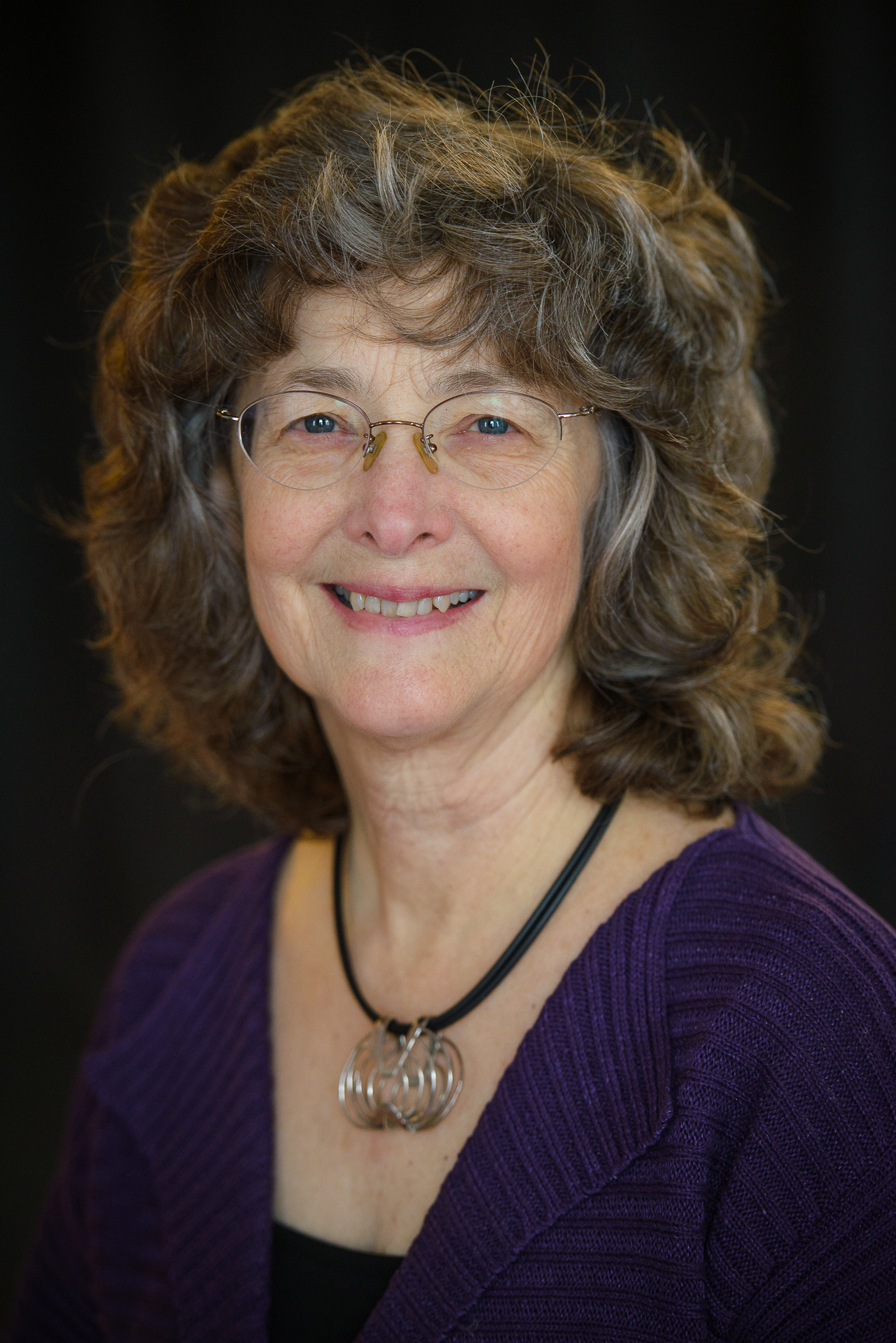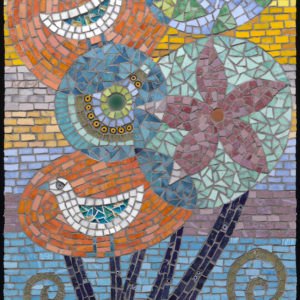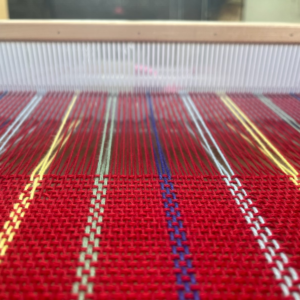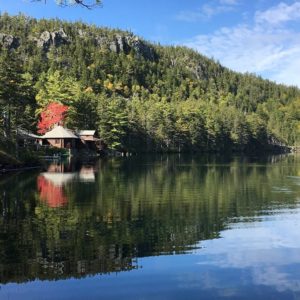Living Words, Folklore and Creative Writing: Peggy Yocom
July 23 – 29
Living Words: Folklore and Creative Writing
Long before I wrote stories, I listened for stories. Listening for them is something more acute than listening to them. — Eudora Welty
In our workshop, through the gifts of traditional lore, we will listen for stories, for those moments that are worth writing down on the page. We’ll explore the unsuspected depths of everyday cultural forms and practices that are especially relevant for participants’ own poetry, fiction, and non-fiction writing.
Folklore and creative writing make good partners, for both depend on attention and bewilderment, precision and ambiguity. Proverbs and jokes pare down words and turn on themselves quickly; they urge us to condense, to write concisely. Folk speech anchors words in place. Riddles lead us to danger and wisdom; they obscure and reveal. The family foods we eat, the objects we treasure, and the rituals we practice brighten our lives—and our writings—with memory and meaning. And the stories we tell—whether mythological tales, “fairy tales,” legends, supernatural tales, tall tales, or stories of personal experiences—provide the inspiration, provocation, and backbone for many poems, short stories, novels, memoirs, and non-fiction essays.
Through daily writing prompts, we’ll use folklore to deepen our work and to draw out ideas for new writing. Some afternoon sessions will find us exploring the worlds of Monson as springboards for our writing. Participants will have time to workshop any piece they have written, whether they wrote it before or during our time together.
“Feed your inner life,” Jane Kenyon advises writers in her essay “Everything I Know About Writing Poetry.” Coming to know traditions more intimately—especially our own traditions—will do just that.
For five decades, Margaret “Peggy” Yocom has been listening to the stories of people who live in the mountains of western Maine. Her book ALL KINDS OF FUR: Erasure Poems & New Translation of a Tale from the Brothers Grimm was published by Deerbrook Editions in 2018. Her poetry and non-fiction have also appeared in the Beloit Poetry Journal, The Beltway Poetry Journal, the anthology The Folklore Muse: Poetry, Fiction, and Other Reflections by Folklorists, Friends Journal, and elsewhere. She founded the Folklore Studies Program of George Mason University where she taught for 36 years; among her many courses, she offered “Living Words: Folklore and Creative Writing.” For her work at the university, the American Folklore Society awarded her the Kenneth Goldstein Award for Lifetime Academic Leadership. She has published on the Brothers Grimm, on the folk arts of political protest, on Inuit storytelling in northwest Alaska, on family folklore, and on the folk arts of Maine logging communities, especially on the Richard Family of Rangeley. Curator of the Rangeley Lakes Region Logging Museum until 2014, she has written several essays on Rangeley’s logging heritage, including the book Logging in the Maine Woods: The Paintings of Alden Grant. She has served as editor for two authors, both natives of Rangeley: Favorite Story-poems of Maine’s Unique Storyteller by Gaylon “Jeep” Wilcox (Liongrass Editions, 2018), and Ayuh, That’s Life on the Moose Trail! (Liongrass Editions, 2019) by Wanda Ferguson. Co-founder of the American Folklore Society’s Creative Writing and Storytelling Section, Peggy holds a Ph.D in English and folklore from the University of Massachusetts at Amherst. A founding member of Western Maine Storytelling, she tells legendary tales of the seen—and the unseen. Co-organizer of the Hugh Ogden Memorial Evening of Poetry in Rangeley, she makes her home with her geologist husband, John Slack, in Farmington and Rangeley. http://margaretyocom.com
This workshop is currently full. Please contact us if you would like to be added to the waitlist.






